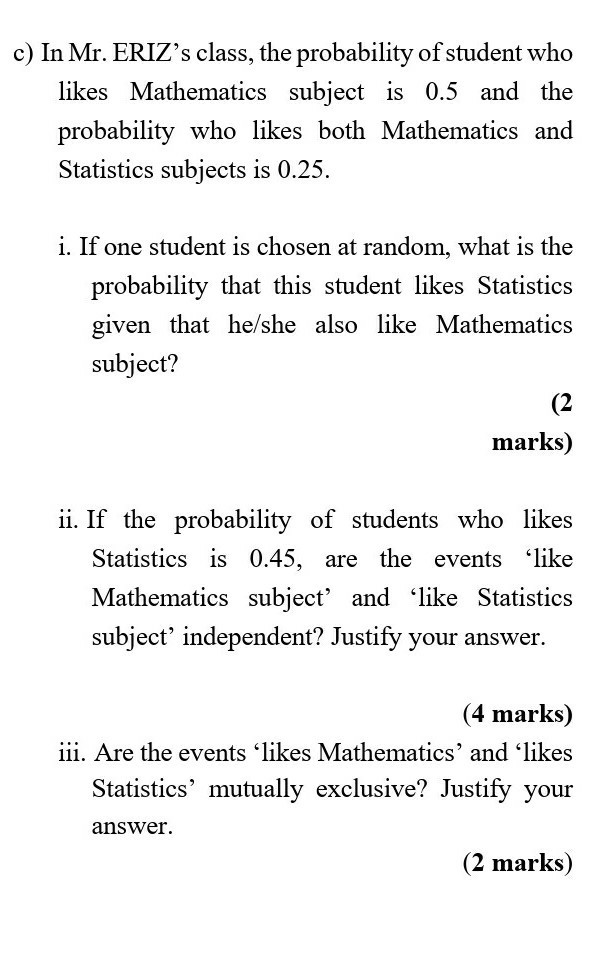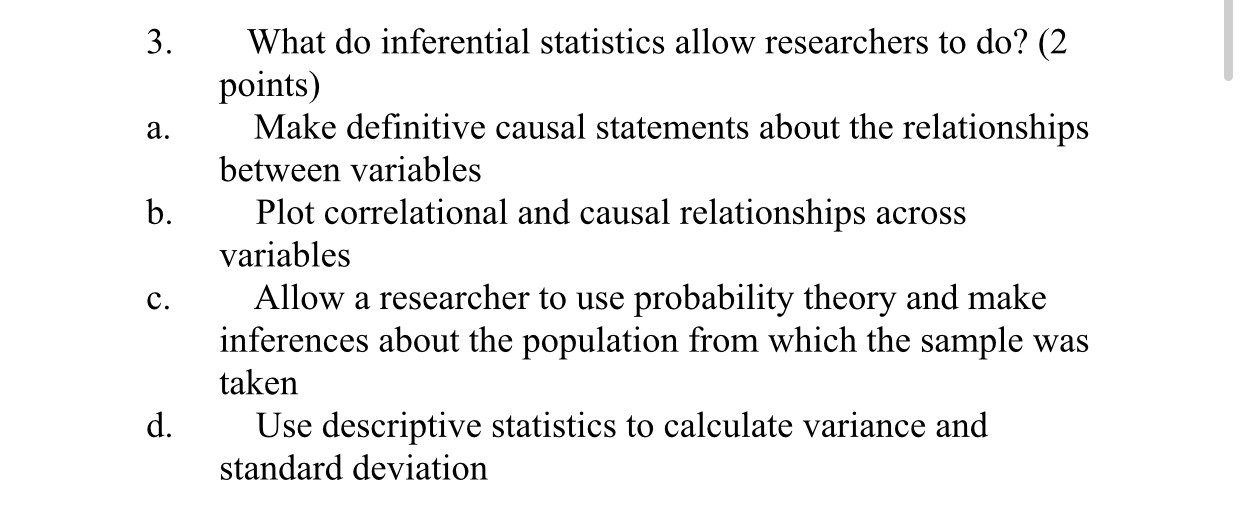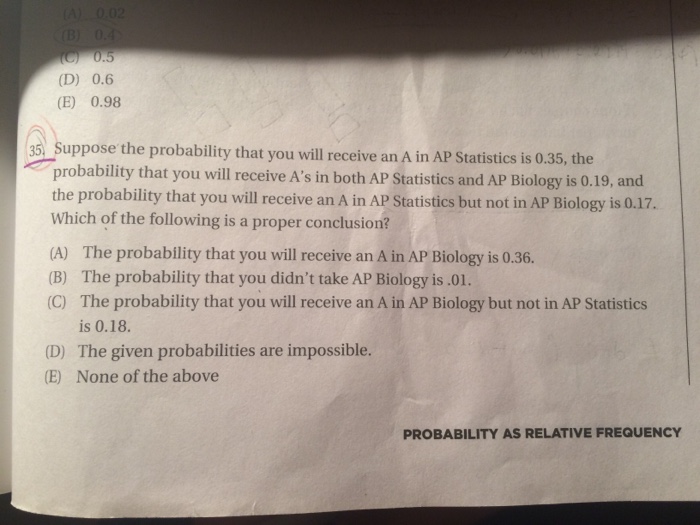


Answer the following questions about possible research options.
research question in the field of psychology that you are interested in researching. Write questions clearly. Include a brief background of the problem you are proposing and why it is important to the field of psychology.
State the null and alternative hypothesis (in both words and statistical notation) need to address the research question.
Choose which statistical test would be used to conduct the study and support it with research.
Describe the type of data needs to be collected to conduct the study and what techniques are best for collecting data.
For a group of statistics students scores on the last test are modeled by a normal distribution with mean 74 and standard deviation 19. Calculate the probability a randomly selected score is more than 90. PIES. ON b Calculate the probability a randomly selected score is less than 60. P ( X 2 60 ) 2 U Calculate M such that the probability a randomly selected score is more than M is 0.2546.c) In Mr. ERIZ's class, the probability of student who likes Mathematics subject is 0.5 and the probability who likes both Mathematics and Statistics subjects is 0.25. i. If one student is chosen at random, what is the probability that this student likes Statistics given that he/she also like Mathematics subject? (2 marks) ii. If the probability of students who likes Statistics is 0.45, are the events 'like Mathematics subject' and 'like Statistics subject' independent? Justify your answer. (4 marks) iii. Are the events 'likes Mathematics' and 'likes Statistics' mutually exclusive? Justify your answer. (2 marks)3. What do inferential statistics allow researchers to do? (2 points) a. Make definitive causal statements about the relationships between variables b. Plot correlational and causal relationships across variables C. Allow a researcher to use probability theory and make inferences about the population from which the sample was taken d. Use descriptive statistics to calculate variance and standard deviation(A) 0.02 (B) 0.4 (C) 0.5 (D) 0.6 (E) 0.98 35. Suppose the probability that you will receive an A in AP Statistics is 0.35, the probability that you will receive A's in both AP Statistics and AP Biology is 0.19, and the probability that you will receive an A in AP Statistics but not in AP Biology is 0.17. Which of the following is a proper conclusion? (A) The probability that you will receive an A in AP Biology is 0.36. (B) The probability that you didn't take AP Biology is .01. (C) The probability that you will receive an A in AP Biology but not in AP Statistics is 0.18. (D) The given probabilities are impossible. (E) None of the above PROBABILITY AS RELATIVE FREQUENCY













